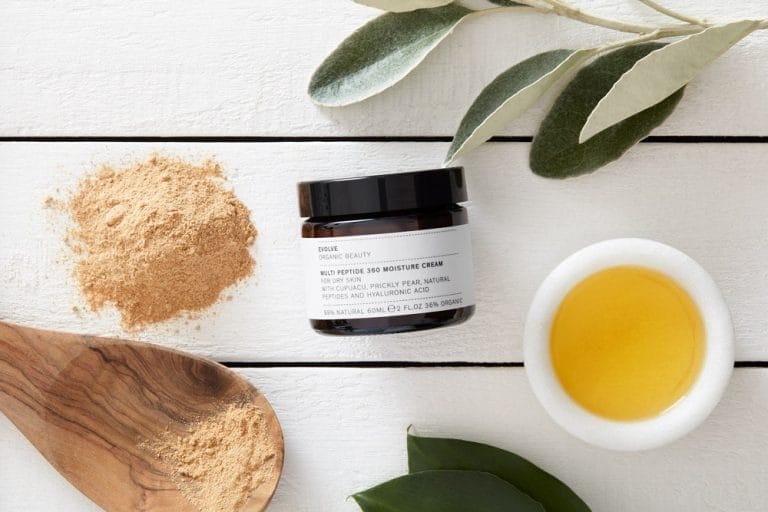5 Steps to Making the Switch to Eco Beauty

Using natural and organic beauty products, is not just about the toxins we want to avoid going into our bodies, it is also about the toxins that affect nature and the environment around us. Ensure you are buying beauty products from eco friendly sources, and are not harming animals and the environment, by following these simple steps.
Avoid Petroleum based products
- Paraffin Wax
- Liquid Paraffin
- Paraffin Oil
- Mineral Oil
- Petrolatum
Ensure you are recycling your beauty packaging and not just throwing it away

Avoid products with microbeads
Found in many exfoliating products, these are small plastic beads that slough away dead skin cells on the surface of the skin. However, these beads also have a detrimental effect on our environment. When these products are washed down the sink, it enters our waterways, and eventually ends up back into our lakes and oceans. Fish and other wildlife that drink this water, ingest these microbeads, and are effectively poisoned. This process will eventually have a huge impact on our food chain, and can be easily avoided by using scrubs with non-plastic alternatives to exfoliating the skin, such as salt, sand, sugar and oatmeal.
You can also check to see if a product you are about to buy has micro beads in by downloading the app Beat The Microbead, and scanning the product on your phone.
Avoid Sodium Lauryl Sulfate
Used as a foaming agent in shampoos and face washes, this chemical can build up inside aquatic wildlife when it ends up back into our waterways. It is harmful to fish and poisons birds and mammals that eat the fish. It is undetected in water filters, meaning it can also end up in the tap water that we drink. Use products that are Sodium Lauryl Sulfate (SLS) free, and Sodium Laureth Sulfate (SLES) free. Check the labels of any products you have that foam up, such as shampoos, face washes, toothpastes, soap, body washes and detergents.
Avoid suncream that is damaging to coral reef

Chemicals found in suncreams are highly toxic to coral reef. It damages their DNA and causes mutation in corals. It reaches the coral by washing off our skin when we swim in the sea, and gets into our water supply by washing down the plughole when we shower. It can also cause coral bleaching by killing off essential algae that lives on the reefs, keeping the coral alive, without this algae the coral dies.
Use only reef friendly sunscreen and avoid these ingredients:
- Oxybenzone
- Butylparaben
- Octinoxate
- 4-methylbenzylidene camphor
Have you recently made the switch to eco beauty? Let us know what triggered your interest to learn more, and how you are getting on!


